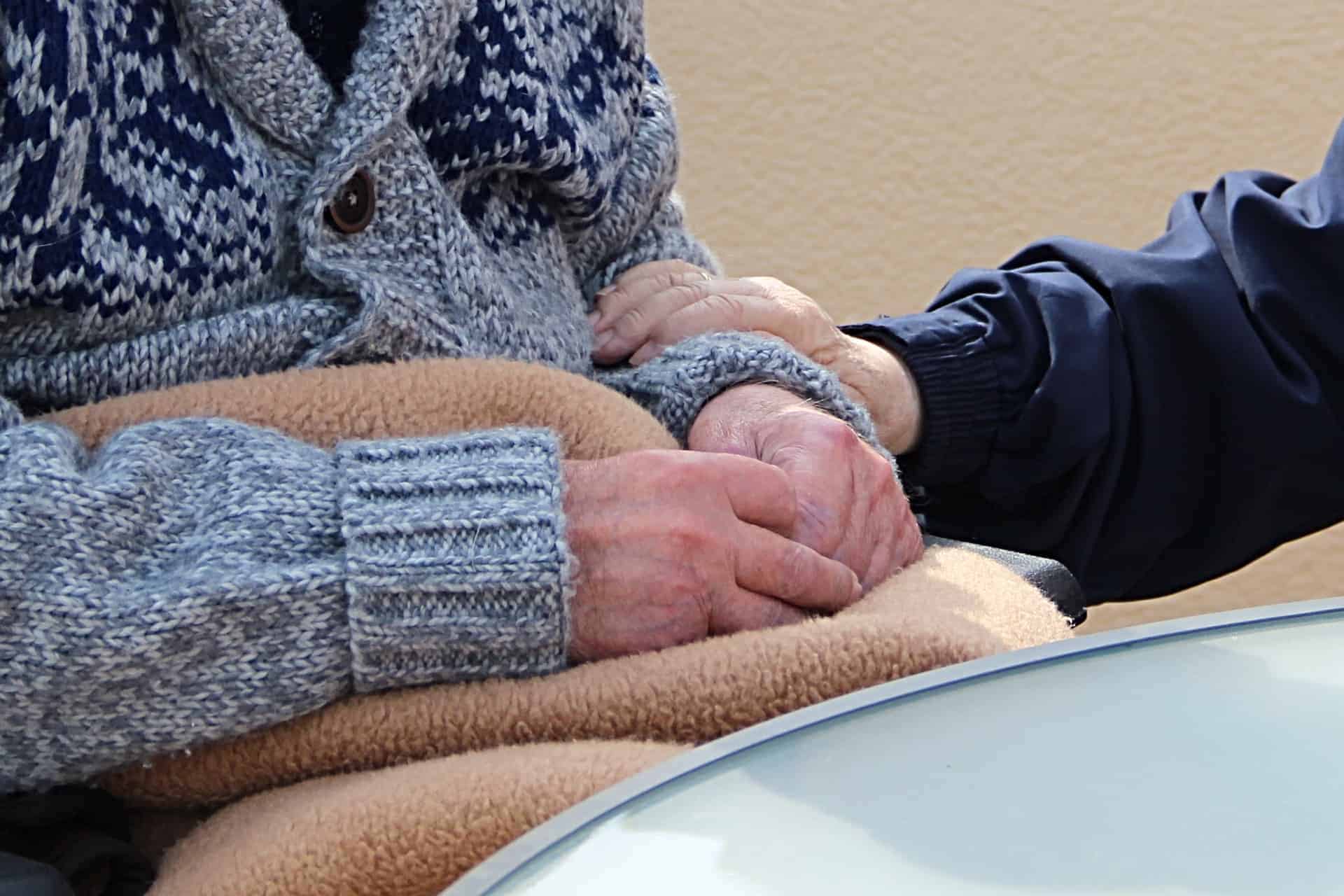Reasons to choose Domiciliary Care
Domiciliary care, usually referred to as home care, refers to a range of care services offered to people in their own homes. Examples of care include: Personal care, Domestic support and Companionship services. The care is put in place to help someone stay comfortably in their own home and to enable them to be as independent as possible. Care packages can be tailored to suit an individual’s needs and wellbeing.
As somebody’s health or mobility deteriorates and it becomes apparent they require some help with everyday tasks, it is time to think about what type of care is required. There are many options, including moving in with family, going into a care home or assisted living accommodation. However, most people don’t want to leave the place they have lived in for many years, raised a family in and made fond memories in. If that is the case, then domiciliary care is often the answer. Receiving the care they need in the comfort of their own home with familiar surroundings is always helpful to those who are slightly hesitant at first of receiving help from others.
Flexibility
Domiciliary Care is very flexible in terms of the number of visits you wish to receive per day or per week. Care providers work 7 days per week, 365 days per year and will provide carers from early morning at 6am through to bed time at 11pm. As well as personal care services, such as help with washing, dressing and toileting support, they can also provide help with tasks around the house, including laundry, housework and shopping calls. The duration of care visits can be flexible to suit your requirements and needs, whether it be for 30 minutes, two times per week or four visits per day, seven days per week. As the person’s care needs change over time, care visits can be adapted, decreased or increased as required.
Live-in care or overnight care is another option if continuous care is needed. For live-in care, a carer will live with you in your home, however they would not be expected to work 24 hours per day. A live-in carer would typically work 10 hours per day with regular breaks and the specific timings would be agreed prior to the care being arranged. There are also options available for 24 hour live-in care and overnight care only.
Along with flexibility, budget is always a key factor. Care & nursing homes are expensive so choosing home care can help you to manage your budget. Care Providers will offer a free of charge assessment and consultation to determine the best type of care and duration of calls needed.
Family members can be involved
Family members often help out where they can, but if they live too far away and can’t be there to help with the daily or more complex tasks, then arranging a carer to come in can relieve the stress and worry they have. Knowing that someone will visit to make sure their loved one is safe and well and taking medication on time is extremely important. Families can keep up to date and involved with the care received as many care providers provide real-time monitoring that allows family members to check when the care has taken place, view the care observation records and leave messages for care staff and managers.
Continuity of care
It is important care providers try to send in the same regular carers each week. If care workers get to know the person, their preferences, and their care and support needs, it helps to ensure continuity of care. The person receiving the care will form friendships and build up trust with their carers. It will help them to look forward to regular visits with their carers and feel comfortable receiving care and support from them.
Additional help
If you are the full time carer for someone you live with and need some time out, then you could opt for respite care services. Domiciliary carers can step in so that you can take a break and go out to do something for yourself, with the reassurance the person needing care is being well looked after in your absence.
If you are worried they are at risk of falling or may need urgent help or assistance at times, then assistive technology or telecare could be the answer. Pendant Alarms, security systems and sensors that detect if someone has had a fall are available to help someone stay safe in their own home for longer. Adapting certain things in the home can help as well, for example, extra hand rails, installing a walk in shower and fitting a key safe for the carers if mobility is an issue.
If you have any further questions regarding homecare in Slough, Maidenhead or Windsor, please get in touch with our Outstanding well-led team on 01753 645112 or info@oxfordhousecare.com. Learn more about home care services in Berkshire today.
